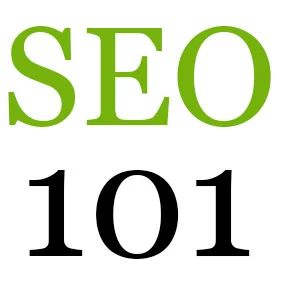
Search engine optimization has been a violently shifting landscape since its inception in the mid 90s.
On the one hand, you have SEO companies and their clients, who want to rank as high as possible so more people see their websites in search results.
On the other hand, you have search engines (like the giant, Google) who want search results to be as organic and relevant to their users as possible.
Technical aspects aside, the story of SEO’s evolution can be boiled down to this:
1. Those in the industry of SEO use their understanding of how web pages are ranked in search engine results to get higher rankings for their clients’ websites.
2. The search engines respond by changing how they rank web pages to make the system less susceptible to the efforts of those in the SEO industry.
3. Repeat.
Those who seek are crowned
The end result of all this back and forth is a bunch of complex search result algorithms, a bunch of difficult SEO techniques, and a smarter, faster, more relevant, more stable, and more powerful search experience for the searchers. Everything goes back to the user of the search engine—the entire structure is built around delivering what the user wants to see.
The phrase “content is king” gets thrown around a lot in reference to SEO, meaning that (even with the absolute best SEO practices) a website will not flourish if it doesn’t have good content. While this is absolutely true, the crown really belongs to the users. They’re the ones for whom all of the search engines have been working to please, for whom all SEO is targeted, for whom all content is meant to be consumed.
Content is key
Content, rather than king, is much like a key. Alone, it is inanimate. But, in the hands of the users, this key can open doors.
The doors may lead to empty rooms—to boredom, to disinterest. However, they can also lead to any one of a multitude of powerful experiences—perhaps to knowledge, or an emotion, or a connection.
This is what makes content so important. There is an implicit promise that any given website will give something to a user. If your website’s content can deliver on this promise in the right way, your website will be popular indeed.
Of course, all of this doesn’t mean that the practices of SEO are useless. We still have to go down the old SEO checklist. After all, a website with amazing content may never be found on a search engine.
What all of this comes down to is that, for a website to truly thrive, it must be more than just a website that’s been through that SEO checklist—it must itself be an experience—it must deliver something tangible.
